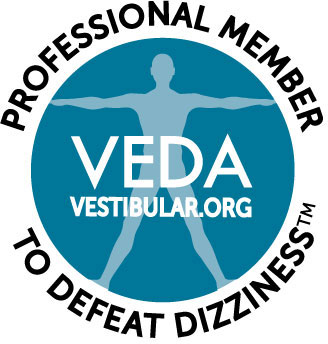In the United States alone, roughly 30,000 commercial flights take off per day. Statistics prove that you’re 200 times safer flying than driving, yet 6.5 percent of the population still has a fear of flying, while up to 25 percent are anxious about flying. But is it the actual act of flying that these people are afraid of? My experiences with patients here at the Neuro Visual Center of New York have led me to believe that – for some people, at least – vertical heterophoria may play a part in those fears.

How Visual Vertigo Can Present as a Fear of Flying
I was speaking with a couple of patients about the symptoms they’ve been experiencing that are due to vertical heterophoria. The sensation of increased dizziness in certain environments seems to be a recurring theme in a very large percentage of my patients. Malls, supermarkets, and big box stores are just some of the places where this extreme visual vertigo happens, and people who experience it are often called “mall patients” by ENTs. A woman today told me a story of the first time she had severe dizziness. It happened when she was walking in an airport terminal, one of those large airports with very long corridors to walk down to get to the gate. It was so bad that she couldn’t even get on her flight. If we examine all these spaces we notice a few similarities: high ceilings, long aisles and a lot of visual stimuli on the sides. All that stimuli from the side, combined with the misalignment of the eyes from VH, is what leads to the dizzy or lightheaded feeling – which in turn causes anxiety.
Could Your Anxiety Disorder Actually Be VH?
That woman today started me thinking. I wonder how many people that refuse to fly in a plane due to anxiety attacks are actually people with VH? Maybe the anxiety is starting when they are walking in the terminal and not on the plane. After all, if one gets dizzy in a certain place, there would be associated anxiety with having to go into that environment again. However, because dizziness and anxiety are symptoms that overlap with many other disorders unrelated to vision, most medical practitioners never even consider that the symptoms could be stemming from the visual system. And due to the lack specialized training and equipment to diagnose binocular vision dysfunction, they probably never will.
If the thought of flying leaves you with a feeling of anxiety or even outright fear, you may be experiencing the effects of VH. To find out for sure, your best bet is to call the Neuro Visual Center of New York at (516) 224-4888 and learn more about our testing and vertigo treatments. Do it sooner rather than later, so we can align your eyes and get you back to a normal life as soon as possible!





